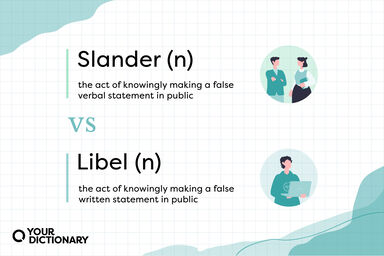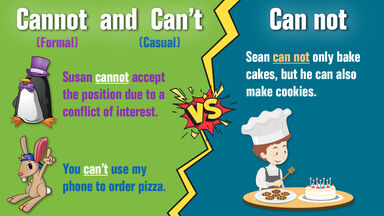Scandal Definition
(obsolete) To scandalize; to offend.
Other Word Forms of Scandal
Noun
Origin of Scandal
-
From Middle French scandale (“indignation caused by misconduct or defamatory speech"), from Ecclesiastical Latin scandalum (“that on which one trips, cause of offense", literally “stumbling block"), from Ancient Greek σκάνδαλον (skándalon, “a trap laid for an enemy, a cause of moral stumbling"), from Proto-Indo-European *skand- (“to jump"). Cognate with Latin scandō (“to climb"). First attested from Old Northern French escandle, but the modern word is a reborrowing. Sense evolution from "cause of stumbling, that which causes one to sin, stumbling block" to "discredit to reputation, that which brings shame, thing of disgrace" possibly due to early influence from other similar :sounding words for infamy and disgrace (compare Old English scand (“ignominity, scandal, disgraceful thing"), Old High German scanda (“ignominy, disgrace"), Gothic [script?] (skanda, “shame, disgrace")). See shand, shend.
From Wiktionary
-
French scandale from Old French cause of sin from Latin scandalum trap, stumbling block, temptation from Greek skandalon skand- in Indo-European roots
From American Heritage Dictionary of the English Language, 5th Edition
Scandal Is Also Mentioned In
Find Similar Words
Find similar words to scandal using the buttons below.





